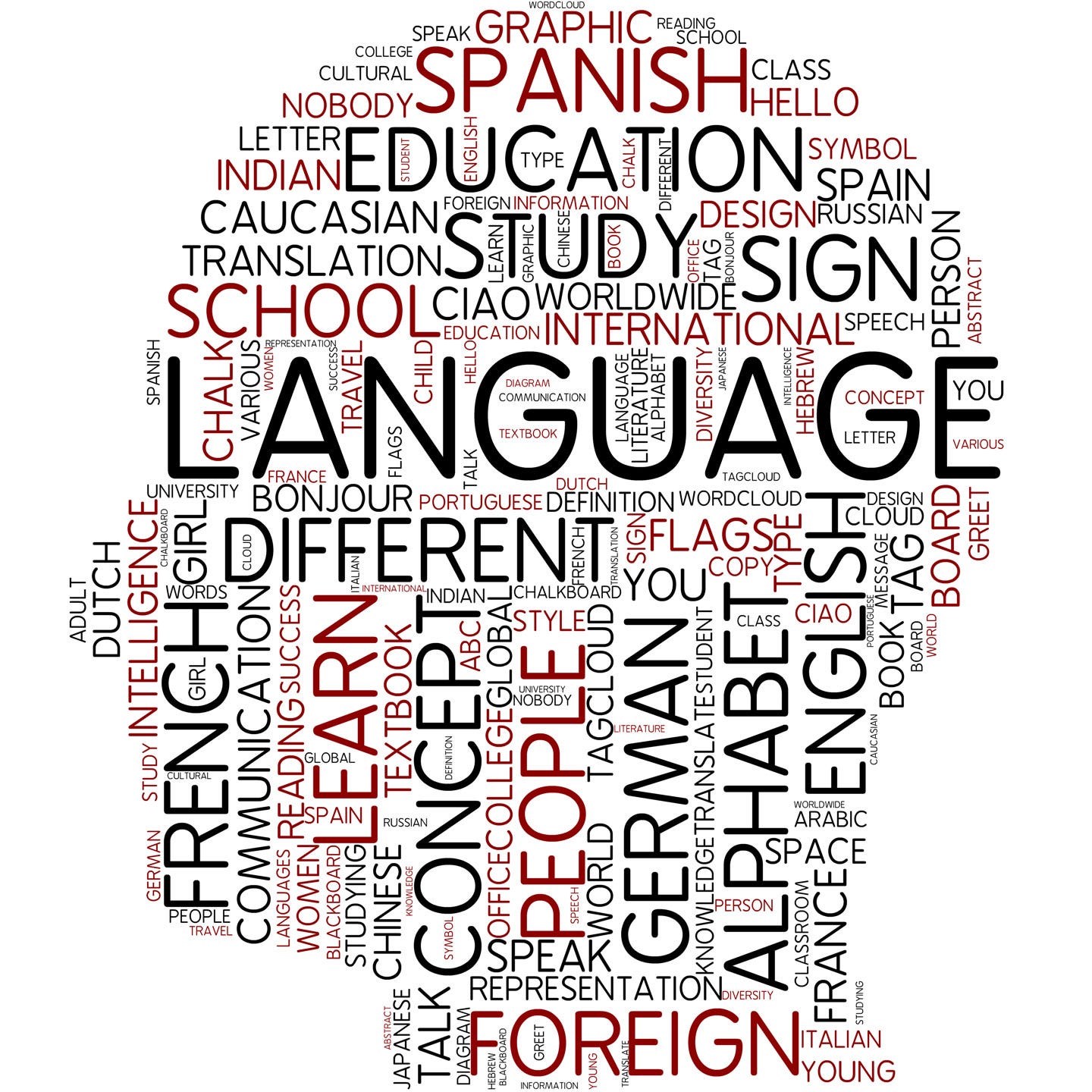Communication in the Tutoring Session (LTAT 310 POST #3)
Hey there! Today, we're going to talk about communication in tutoring sessions, and how it can make a huge difference in helping students learn. As a self-taught speaker of both Spanish and American Sign Language, I know firsthand the importance of being able to communicate effectively with people from different backgrounds.
One key aspect of communication is active listening. To make sure you're actively listening to your tutee, it's important to avoid common listening errors, such as blaming or judging them for their problems or making assumptions about their background. Instead, try to establish eye contact, smile, and really listen to what they're saying without interrupting or planning your response in advance. You can also paraphrase or summarize what they said to make sure you understand and ask questions to clarify any confusion.
Nonverbal communication is another important factor to consider in tutoring sessions. Different cultures may have different expectations when it comes to body language and personal space, so it's important to be aware of these differences and adjust your behavior accordingly. For example, in some cultures, avoiding eye contact can be a sign of respect, while in others, it may be seen as rude. By being mindful of these nuances, you can ensure that your tutoring sessions are respectful and productive.
Disrupting linguistic profiling is another important topic to consider. As someone who grew up with a grandmother who spoke Hawaiian Creole English and Hawaiian, as well as a grandfather who spoke three philippine languages and English, I understand how different linguistic backgrounds can affect communication. I’ve also seen what cultural dominance did to how they looked at the world as they each faced discrimination in their personal and professional lives. Because of this, both of them emphasized what they thought of as ‘perfect’ English and did NOT pass their languages on to us. They even actively discouraged learning another language due to their experiences. Seeing what happened to them is what spurred my interest in language and culture. As a result, I became a second-language speaker of both Spanish and ASL and am learning Japanese, but it’s also why I grew up never learning to speak Ilocano, Tagalog, or Hawaiian.
I know firsthand, how important it is to be aware of your own biases and avoid making assumptions based on someone’s accent or dialect. Instead, we should focus on the content of what they're saying and how we can best help them. This is true both as a tutor and in life more generally.
Effective communication is key to successful tutoring sessions. By actively listening, being aware of nonverbal communication, and avoiding linguistic profiling, you can create a welcoming and inclusive environment where students feel comfortable asking questions and learning. So, let's get out there and start communicating!


Hello, It's great to be well rounded and know more about other cultures. Especially in the diverse world that we live in. This way we can make everyone feel comfortable.
ReplyDeleteHi Ron,
ReplyDeleteI like how you pointed out that it is important to not make judgments and to not emphasize a tutee's background when tutoring them. We never know what a person has been through and all people are different, regardless of their backgrounds, so it is important to treat everyone with respect and a positive attitude and attention.
Right! Since I deal with languages when tutoring, if I know of a similarity between a tutee's language and the target language, I MIGHT refer to that relationship, similarity, or whatever it may be, but outside of that, it's not relevant beyond our interaction and how it relates to that. I appreciate your comment!
DeleteHi Ron, great post!
ReplyDeleteI said the same thing about body language in the "non-verbal communication" section, but I didn't take into account the whole idea about personal space! That's a great added point that I wished I'd thought of, great job. :)
I'm glad it was useful! Don't worry too-too much. I'm sure you got this! :)
DeleteHi Ron,
ReplyDeleteThank you for sharing your experiences with the people communicating in different languages. I think language in a way just a tool for people to use so they can understand each other. Therefore, I am totally agree with you that we should focus on the content of what they're saying and how we can best help them rather than th accents...